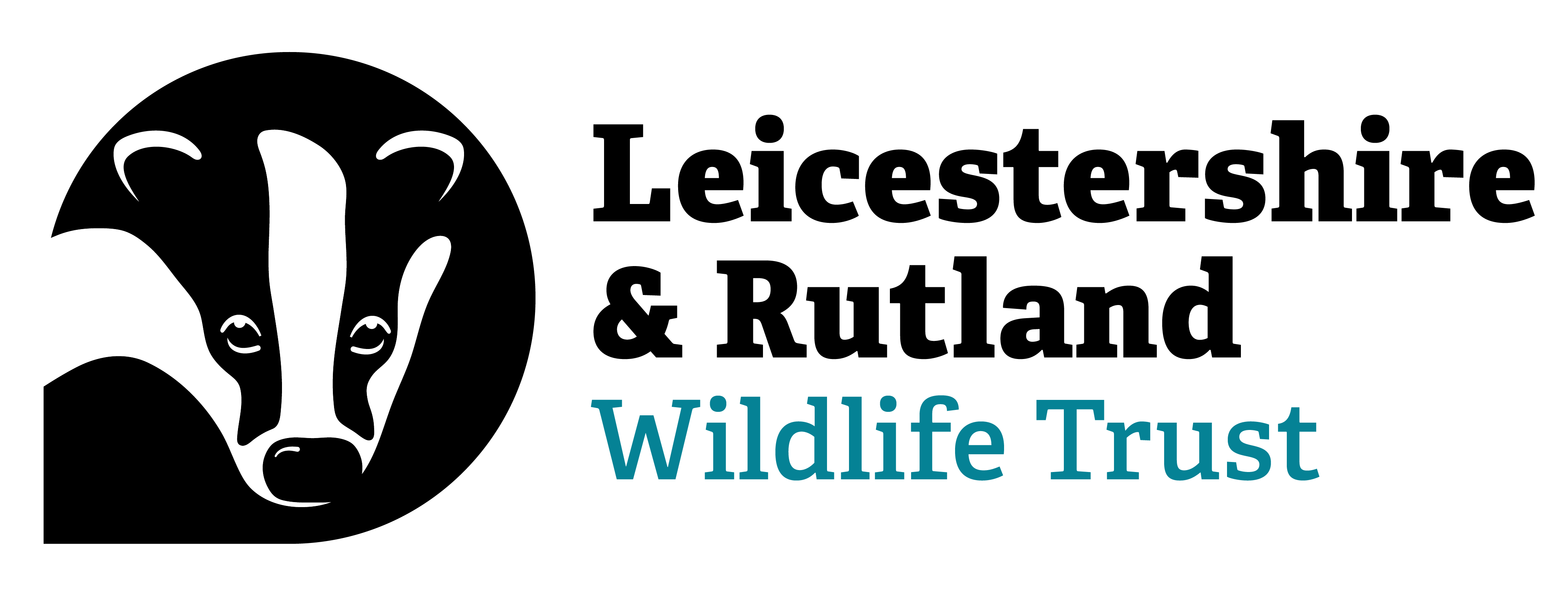A Barn Owl chick, ringed from a nesting box at Rutland Water Nature Reserve in July 2022 has been re-sighted in the last week in Skegness - more than 50 miles away from Rutland. Whilst many of us will have flocked to the beach at the weekend to enjoy the 30-degree heat, we hadn’t expected one of our Barn Owls to end up on the East Coast too. Especially given that studies have shown on average, Barn Owls do not travel further than five miles away from where they hatched. The young Barn Owl was caught, and later released, on the 5th of June at the Gibraltar Point Nature Reserve on the outskirts of Skegness, a total of 52 miles away from Rutland Water (as the Barn Owl flies).
There are a total of 10 Barn Owl nest boxes at Rutland Water, along with 35 other ‘large hole’ boxes used by Tawny Owls and Kestrels. Last year, 11 Barn Owl chicks were ringed from boxes across the Reserve – including a brood of four from the box on Ramsar Field, which the bird who flew to Skegness hatched from.
Ringing the chicks provides a reliable and harmless method of identifying each bird as an individual. It enables us to learn about how long they live for, where they move to, and indeed if they return here in later years - questions that are vitally important for bird conservation.
We have been actively ringing birds at Rutland Water for over 40 years, on average processing 5,000 birds each year. Ringing does not negatively affect the birds and can only be carried out by trained staff and volunteers under license from the British Trust for Ornithology (BTO).
In 2021, a Chiffchaff ringed at Rutland Water hit the headlines when it became the oldest known chiffchaff in the UK at 10 years, 10 months, and 27 days old!
